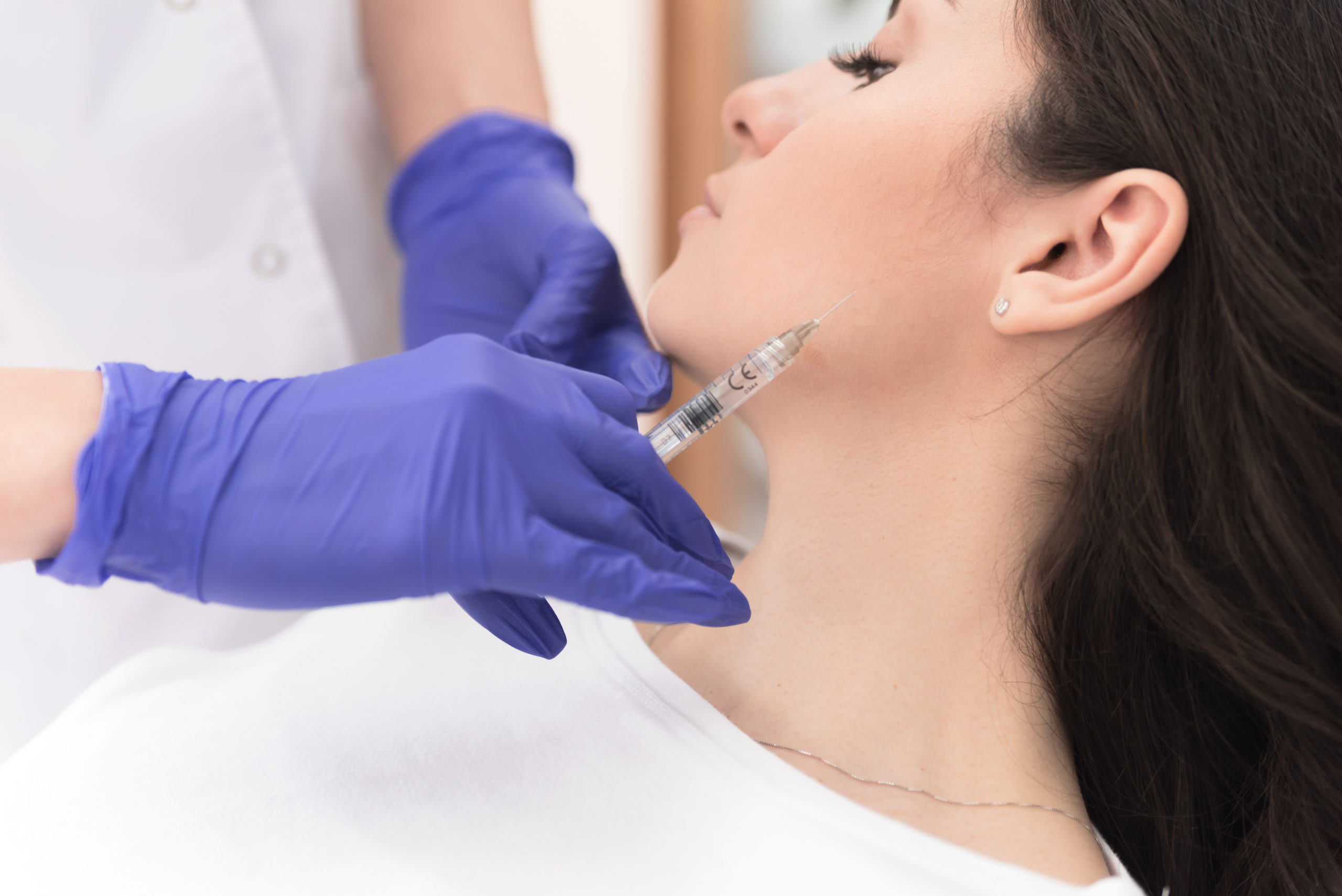If you’re considering jaw surgery, you may be wondering what kind of changes to expect. Jaw surgery can affect your appearance in several ways, which may be unexpected. Some people are afraid that their appearance (and life) might change for the worse if they decide to go for it, while others are still hesitant if they need it in the first place.
This blog post will discuss in detail some of the most common changes after jaw surgery and how they can impact your life. We’ll also provide advice on preparing for these changes and making the most of your new look.
Jaw Surgery Explained
Jaw surgery is also called orthognathic surgery. It is a type of corrective jaw surgery that helps to improve the alignment of your jaw and teeth. It can be performed on the upper jaw (maxilla), lower jaw (mandible), or both.
Jaw surgery is often recommended for people who have an improper bite or jaw alignment, which can cause problems with normal activities such as eating, speaking, and breathing. Jaw surgery can also improve the appearance of your face and jawline.
Jaw surgery is a major surgery that should only be considered after exhausting all other options. It’s a serious procedure that comes with many risks, including infection, bleeding, and nerve damage.
Why Do We Need Jaw Surgery?
Many people need to get jaw surgery for a lot of reasons. For one, their jaws may not be able to support their teeth. It might also be because their upper and lower jaws don’t line up correctly, making it difficult to chew or speak.
Jaw surgery is often recommended for people who have an improper bite or jaw alignment, which can cause eventual problems with eating, speaking, and breathing. Jaw surgery can also improve the appearance of your face and jawline.
Lastly, people might need jaw surgery because of jaw trauma or a birth defect. Jaw surgery can fix that without having to go through any other treatments.
Types of Jaw Surgery
There are two types of jaw surgery: open jaw surgery and closed jaw surgery.
Open-jaw surgery is when the surgeon cuts through the gums and jawbone to access the bones that need to be repositioned. This type of jaw surgery is often used when a large amount of bone needs to be removed or reshaped.
Closed-jaw surgery is when the surgeon makes incisions inside the mouth, so there are no visible scars. This type of jaw surgery is often used when only a small amount of bone needs to be removed or reshaped.
What Happens During Jaw Surgery?
During jaw surgery, the surgeon will make incisions in your mouth and reposition your bones to correct the alignment happening between your teeth and jaws. The surgeon may also need to remove or reshape the bone in some cases.
After the surgery, your jaws will be wired shut to heal properly. You will need to stay confined in the hospital for a few days after the surgery so that the surgeon can keep an eye on you.
What to Expect After Jaw Surgery
Jaw surgery is known as a major surgery with many risks and side effects. It’s important to know what to expect before and after the surgery to be prepared.
After the surgery, you will likely experience some pain and swelling. You may have black eyes, bruises, and swelling. Your face will also look different because of the surgery. All of these are normal and will go away after a few weeks.
It’s important to take it easy after the surgery and not overdo it. You should avoid strenuous activity, smoking, drinking alcohol, and chewing hard foods. You will also need to sleep with your head elevated and avoid blowing your nose.
Your jaws will be wired shut for four to eight weeks after the surgery. You will need to adjust to a soft diet and drink plenty of fluids during this time. You should also brush your teeth carefully to avoid infection.
Results of Jaw Surgery
The results of jaw surgery can be very positive. For one, your appearance might be improved. You may also find it easier to chew and speak. You can easily see the results of your jaw surgery. Still, it can take several months for the final results to be visible.
Your doctor would require you a few more visits to their office to check the progress of your jaws after the surgery and to make sure that everything is healing properly.
Possible Risks and Side Effects
Of course, jaw surgery is not without its risks. The most common risks and side effects include infection, bleeding, nerve damage, and reactions to anesthesia. Many people also experience pain and swelling after the surgery. Usually, these side effects are temporary and will go away after a few weeks.
In rare cases, people may report experiencing more serious complications such as blood clots, problems with jaw alignment, and difficulty swallowing. These lesser-known complications are more likely to occur if you have another health condition such as diabetes or high blood pressure.
It’s important to talk to your surgeon or doctor about the risks and side effects before jaw surgery. This way, you can be physically and mentally prepared for expectations and know what to do if something goes wrong.
Is it Covered by Insurance?
Jaw surgery is usually covered by insurance. However, you should always check with your insurance provider to see if they cover the specific type of surgery you need.
You may also need to get prior approval from your insurance company before the surgery can be scheduled. Ask your insurance policy provider about their requirements before you have any type of surgery.
How Much Does Jaw Surgery Cost?
The cost of jaw surgery can vary depending on the type of surgery you need and your insurance coverage. In general, jaw surgery can cost anywhere from $5,000 to $20,000.
If you do not have insurance, or if your insurance does not cover the cost of the surgery, you may be able to finance the surgery through a medical loan. Many companies offer medical loans specifically for jaw surgery. You can check with your surgeon’s office to see if they have any recommendations.
Utah Facial Surgical Arts can cater more to your pricing inquiries. They can even give you a treatment plan and an estimate as cases are different from each other.
Conclusion
Jaw surgery is a serious procedure with many risks, but it can also have a lot of benefits. If you are considering jaw surgery, talk to your doctor about all the risks and benefits involved. When done properly, jaw surgery can change your life for the better.
Utah Facial Surgical Arts are one of the best places to have jaw surgery. They will be able to help you through the process and make sure that you are getting the best results possible. Apart from that, they also offer other services that you might find useful in the long run. You’re in good hands with their experts.









